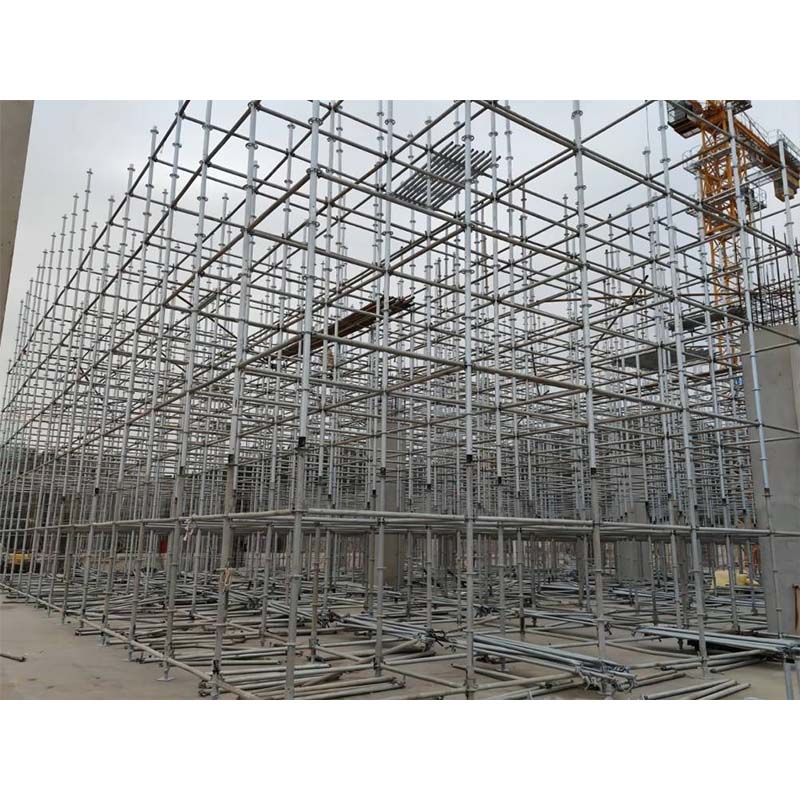Oct . 20, 2024 06:52 Back to list
formwork in civil engineering manufacturers
Formwork in Civil Engineering An Overview of Manufacturers
Formwork plays a crucial role in the field of civil engineering. It is a temporary or permanent mold into which concrete is poured to form structural elements. The choice of formwork significantly influences the quality, efficiency, and cost of construction projects. As the construction industry continues to evolve, the demand for innovative and efficient formwork solutions is driving growth among manufacturers worldwide.
Types of Formwork
There are several types of formwork available, each catering to different structural requirements and project specifications. The most common types include
1. Timber Formwork Traditional and widely used, timber formwork is easy to handle and suitable for complex shapes. However, it is generally labor-intensive and less durable than other options.
2. Steel Formwork Known for its strength and longevity, steel formwork can be reused numerous times, reducing overall costs. It is ideal for large-scale projects, providing excellent surface finishes.
3. Aluminum Formwork Lightweight and highly durable, aluminum formwork is easy to assemble and disassemble. It is particularly popular for high-rise buildings due to its ability to withstand high pressure.
4. Plastic Formwork An emerging alternative, plastic formwork systems are lightweight, resistant to moisture, and reusable. They are often used for small projects and residential buildings.
5. Modular Formwork This type employs a system of prefabricated panels and frames, allowing for quick assembly and adaptability to various designs. Modular formwork is favored for its efficiency and cost-effectiveness.
formwork in civil engineering manufacturers

The Role of Manufacturers
Manufacturers of formwork systems have evolved to meet the growing demands of modern construction practices. They focus on creating products that not only enhance the engineering process but also prioritizes safety and environmental sustainability. With advancements in technology, these manufacturers are incorporating innovative designs and materials, leading to efficient and versatile formwork solutions.
Leading companies in the formwork market are investing in research and development to produce lighter materials and modular systems that can accelerate construction tasks while ensuring superior quality. Key manufacturers are also emphasizing automation and prefabrication techniques, allowing for swift assembly and disassembly, which is critical in large-scale construction projects where time is a significant factor.
Environmental Considerations
Sustainability is becoming an increasingly important aspect of civil engineering. Formwork manufacturers are responding to this trend by offering eco-friendly products made from recyclable materials. The focus is on reducing waste during the construction process and improving the lifecycle of formwork systems. For instance, some manufacturers are transitioning to reusable materials and modular systems designed for multiple projects, minimizing the environmental impact.
The Future of Formwork Manufacturing
As urbanization continues to increase, the demand for efficient, cost-effective, and sustainable construction methods will drive innovation in formwork manufacturing. Smart technologies, such as BIM (Building Information Modeling) and IoT (Internet of Things), are already beginning to play a significant role in the design and planning stages, leading to more precise and efficient construction practices.
In conclusion, formwork is an integral component of civil engineering, impacting the overall efficiency and effectiveness of construction projects. The continuous innovation by formwork manufacturers not only enhances structural performance but also aligns with the industry’s shift towards sustainability. As the world of civil engineering progresses, it is clear that the role of formwork will continue to evolve, embracing cutting-edge technology and sustainable practices to meet the demands of tomorrow's construction challenges.
-
High-Quality U Head Jack Scaffolding – Reliable Scaffolding Jack Head Manufacturer & Factory
NewsJul.08,2025
-
High-Quality I Beam H20 Leading Timber Beam H20 Material Factory, Exporters & Manufacturers
NewsJul.08,2025
-
High-Quality Powder Coating Steel Formwork - Durable & Corrosion Resistant Solutions
NewsJul.07,2025
-
Inclined Column Formwork Supplier – Durable & Precise Solutions for Unique Structures
NewsJul.07,2025
-
High-Quality Water Stop Solutions Trusted Water Stop Company & Suppliers
NewsJul.07,2025
-
High-Quality Formwork Material Supplier Reliable Manufacturer & Factory Solutions
NewsJul.06,2025